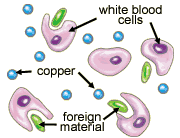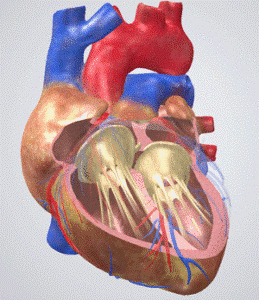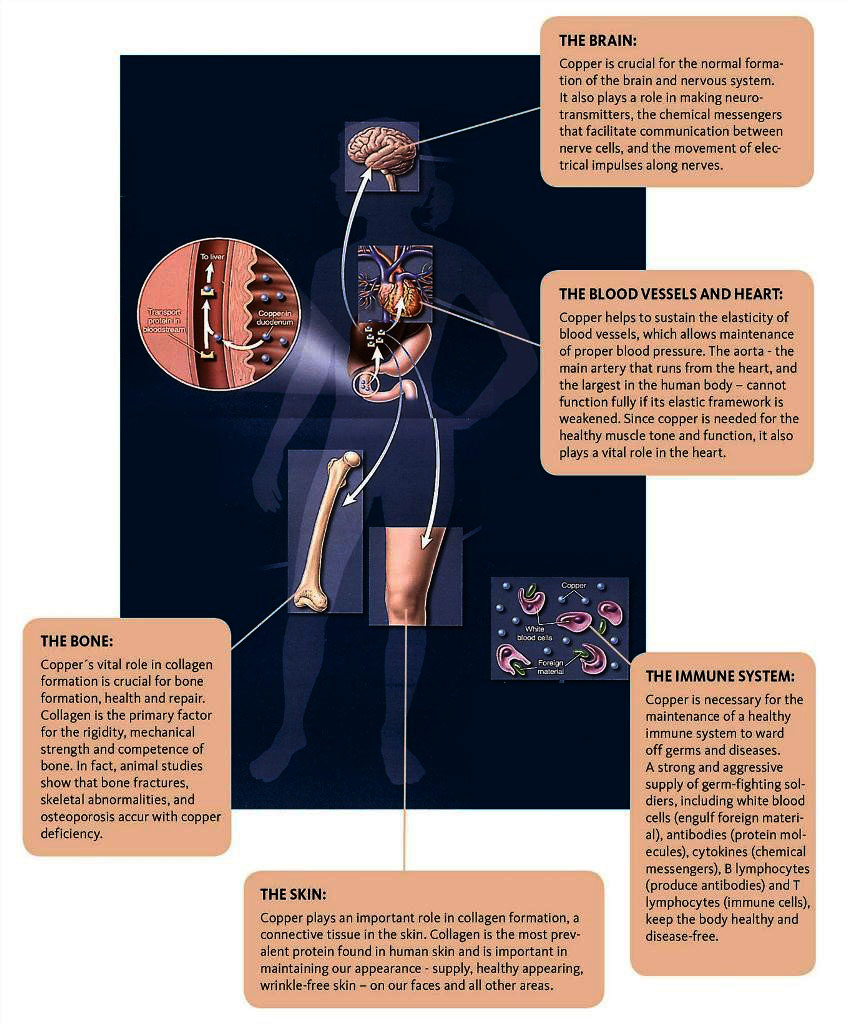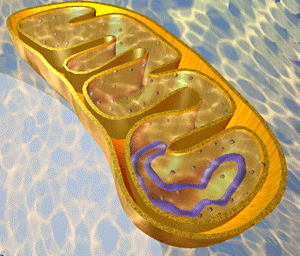Health Benefits of Copper
Copper health benefits includes protecting cognitive function, promoting immune function, supporting bone density, relieving arthritis, supporting growth and development, aiding production of melanin, helps with faster skin healing, supports iron absorption, aiding digestion, slowing down aging process, boosting energy, supporting thyroid function, protection against heart diseases, fighting cancer, and improving blood circulation.
What is Copper?
Copper is a trace mineral that is necessary for the healthy functioning of the human body. The human body contains around 2 mg of copper per kilogram of body mass. While copper is found throughout the body, it is concentrated in organs with high metabolic activity, such as the Liver, Kidneys, Heart, Eyes and Brain. This tiny amount is enough to provide copper ions for billions of protein molecules, in particular enzymes, where the copper ions are essential cofactors. Without cofactors, the enzymes could not work. Because our bodies are not able to synthesize copper on its own, it becomes important to make sure that we take in adequate amounts from external source. Most of us go through our lives without giving much thought to this amazing mineral, however even in trace amounts, copper provides some tremendous health benefits.
You may know it best as the stress hormone, but norepinephrine is a vital hormone and neurotransmitter which enables our bodies to react and respond in threatening circumstances. Norepinephrine has also been implicated as a necessary anti-inflammatory agent in stimulating brain cells found to be lacking in patients with Alzheimer’s disease. In order to create norepinephrine, copper is required.
According to the World Health Organization, 1–3 milligrams per day of copper are required to prevent any symptoms of deficit. Various health and nutrition organizations around the world have set dietary reference values, highlighting the importance of copper as part of a balanced diet.
Copper is an essential trace element vital to the health of all living organisms. Although the amount of copper found in the human body (50–120 milligrams) would fit on the head of a pin, this tiny quantity is essential. Research has revealed that copper is vital for the optimal health of the human body, along with other mineral micronutrients such as iron, calcium and zinc.
Copper is Used Throughout the Body
Virtually every cell in the body utilizes copper and – together with iron and zinc – copper is one of the trio of minerals essential to good health. Copper is vital to the health of the body from foetal development through to old age. Quite simply, without copper our brains, nervous systems and cardiovascular systems could not function normally.
|
Age
|
Female
|
Male
|
|
7–11 months
|
0.4
|
0.4
|
|---|---|---|
|
1 – <3 years
|
0.7
|
0.7
|
|
3 – <10 years
|
1.0
|
1.0
|
|
10 – <18 years
|
1.1
|
1.3
|
|
≥18 years
|
1.3
|
1.6
|
|
Pregnancy
|
1.5
|
|
|
Lactation
|
1.5
|
|
Protects Cognitive Function
As with many things in nature, a balance needs to be achieved for harmony to exist. This is equally true concerning copper and cognitive function and brain health. Copper is involved in neurodevelopment and growth and it is essential for proper cognitive development. This is illustrated by the fact that proper amounts of copper in the body have been associated with more advanced thought processes and the ability to absorb and process complex information. However, too much copper can be a negative, causing cognitive decline instead. Keep in mind that there is little risk of consuming too much copper through dietary means alone, and that the amount you do get serves to keep your brain in tip-top shape.
The immune system
Promotes Immune Function. Copper is necessary for the maintenance of a healthy white blood cell count; many of these white cells are phagocytes which engulf and destroy microorganisms. Copper deficiency can lead to a depressed immune system, reduced white cell count and increased incidence of pneumonia.

Copper is essential for a healthy immune system. Formation of the cells of our immune system (white blood cells) Maintenance of a healthy and effective immune response White blood cells are the infection fighting heroes in your body. Copper deficiency and inadequate copper intake has been shown to reduce the number of white blood cells in your body, making your more vulnerable to infections. Proper amounts, is taken to help build and maintain a supportive population of white blood cells to keep you healthy.
Arthritis Relief
If you have arthritis or joint pain, you may already be familiar with copper bands and bracelets that are intended to be worn near areas of inflammation. The theory behind these healing devices is that by wearing them, trace amounts of copper will be absorbed transdermally. While research is not conclusive on the effects of copper bracelets, the fact that many people who wear them report some relief of symptoms is enough reason to consider the benefits of copper for arthritis relief. It is an anti-inflammatory and also help to strengthen the supportive structures of the muscular system. Reducing inflammation and strengthening the structures that supports woolen and sore joints are two primary focuses of a good arthritis treatment plan.
Growth and Development
Copper is an essential element for proper growth and development. What we don’t always realize is the growth doesn’t end after we pass through adolescence. Throughout your life, your body is constantly repairing, rebuilding and rejuvenating itself, and it requires adequate copper to make this happen. Deficiencies in copper are among the number one reasons for birth defects and growth delays throughout the world.
Faster Skin Healing
Maintenance of healthy skin and connective tissue. Due to copper’s unique combination of anti-inflammatory, anti-bacterial and anti-viral properties, it is the trifecta of wound care. Additionally, copper also helps to support healthy cell renewal and rejuvenation, so that while your body is fighting off possible infection, copper is working to replace the damaged skin cells.
Iron Absorption
Iron deficiency anemia is the most common type of anemia, and the type most easily remedied by dietary modifications, such as making sure you have adequate copper intake. Copper increases red blood cell count and aids in the absorption of iron in the digestive system by assisting in the release of iron from primary storage sites in the body.
Aids in Digestion
If you have been having digestive issues, you might want to consider looking into how much copper is in your diet. Copper has antibacterial properties which help the good bacteria in your gut fight off the bad bacteria, an important mechanism for maintaining proper florabalance in your digestive system. It is also great for healing stomach ulcers due to the combination of anti-inflammatory and anti-bacterial properties.
Anti-Aging
Ask almost anyone worried about the signs of premature aging, what their number one concern is and more often than not, the answer will the appearance of fines lines that become more and more noticeable with each passing year. Copper, whether consumed or applied topically through infused products, has antioxidant and anti-inflammatory properties which help to counteract the damaging of effects of free radicals in your skin cells. Copper also stimulates cellular renewal so that you get the double punch of cellular healing and rejuvenation, keeping your skin vibrant and youthful looking.
Energy Booster
Generation and storage of energy in the ‘power plants’ of our cells, the mitochondria. Have you been feeling a little worn out and fatigued lately? It could be that you are missing opportunities to increase the base amount of copper in your system. Copper is an element that is necessary for the synthesis of the nucleotide ATP, or adenosine triphosphate, which in the most basic of terms is the currency that your body uses for energy creation and transfer. Details of the process can be saved for biology textbooks, but what you need to know right now is that without adequate copper, your body lacks the resources to produce energy on a molecular level, which can leave you feeling tired and drained.
Thyroid Function
Your thyroid is an important gland that regulates hormonal function as well as metabolism, growth and maturation. Many people suffer from thyroid conditions which include hypo and hyperthyroidism. Thyroid function requires a delicate balance of vitamins and minerals, one of which is copper. Some preliminary studies show that a shared trait in people who suffer from thyroid conditions is an imbalance in copper levels. When it comes to thyroid health, it is important to remember that balance is key. Too much copper can be just as detrimental as too little.
Protection Against Heart Disease
Structural integrity and function of heart and blood vessels
Cardiovascular disease is a leading health crisis of our times. With each batch of research and each study, we begin to learn more and more about how to treat and prevent this serious disease.
Trace amounts of it have been shown to help regulate blood pressure and prevent the buildup of plaque in the arteries. Add to it that copper is suspected of helping to lower triglyceride levels and it becomes apparent that it is essential for cardiovascular health.
Copper is essential for the synthesis of collagen. This is found in connective tissue, which is the main supporting and binding tissue of the body. Copper is also needed for healthy muscle tone and function and so plays a vital role in the heart. Copper deficiency can lead to heart failure.

Muscle and connective tissue in the heart contain elastin and collagen. Copper is the cofactor in lysyl oxidase, the enzyme involved in cross linking these molecules to form strong tissue. (Courtesy of Gida.de.)

Cancer Fighter
Copper, as a trace mineral is considered an antioxidant nutrient. One of the leading causes behind many types of cancer is oxidative stress and damage caused by free radicals. Antioxidants neutralize free radicals so that they don’t damage healthy cells. Preventing its deficiency is one way of reducing your overall cancer risks.
Improves Circulation
Proper structure and function of circulating blood cells It is an essential mineral for the formation of enzymes involved in keeping arteries healthy and building blood volume. People with circulatory issues sometimes have symptoms of stiff arteries along with poor blood flow in general. Trace amounts of copper in the diet can help address both issues, however copper infused clothing can also help improve circulation, especially in the feet and legs.

